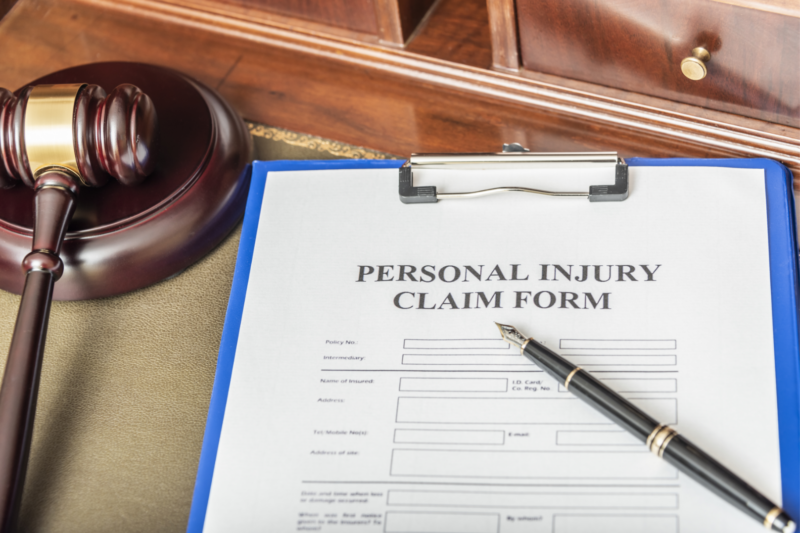Negligence is a common cause of action in a personal injury case. It is the failure to exercise the duty of care established by law to protect others against unreasonable risks of harm. North Carolina uses contributory negligence as a way to bar the plaintiff from recovery. Contributory negligence bars the plaintiff from recovering if the plaintiff is found to be partially at fault for their harm. This strict means of evaluation may seem unfair to the plaintiff’s side even when the defendant’s action caused the plaintiff tremendous harm. Even if the plaintiff is found to be negligent of their actions in North Carolina, there is still a possible way to recover. The last clear chance doctrine evaluates who has the last opportunity to avoid the injury making them liable for the injury.
The last clear chance doctrine is a defense to contributory negligence. This doctrine recognizes that even if a plaintiff was negligent, the defendant may still be held responsible if they had the last opportunity to avoid the harm. One of the elements of the last clear chance doctrine is that the injured person must have been in an exposed condition or dangerous situation, a position of imminent peril or danger, from the operation of some agency or instrumentality under the defendant’s control. There must have been more than a mere likelihood or bare possibility of injury, and the mere fact that the person or property injured was in a position that might become one of peril did not impose on the defendant the duty of reasonable care to avoid the uncertain or contingent event. The Wolters Kluwer Bouvier Law Dictionary. For example, when a motorist hits a pedestrian even when a pedestrian is negligent, the doctrine can be proposed. If the Court finds that the motorist had a clear last chance to avoid the collision if they had used reasonable diligent care, the motorist will could be completely liable allowing the plaintiff to recover. The situation must be evaluated as a reasonable prudent man would have acted under the same circumstances. It does not mean the last possible chance to avoid the injury, it is the last clear chance, and it must be reasonable.
The last clear chance doctrine allows plaintiffs the chance of recovery even if they were negligent in their actions. In North Carolina, this doctrine plays a major role for plaintiffs as contributory negligence presents a potentially significant obstacle to recovery. It is important to know that even if you are partially liable for your injury, there is still a chance of being compensated.
King Law Offices is a full-service law firm with an outstanding team of professionals who work diligently, creatively, and compassionately on behalf of our clients each day. If you have a potential claim or one is being brought against you, contact King Law at 888-748-KING (5464) for a consultation. We have offices located across western North Carolina and upstate South Carolina. We are here to serve you and to guide you as we navigate this journey together.


